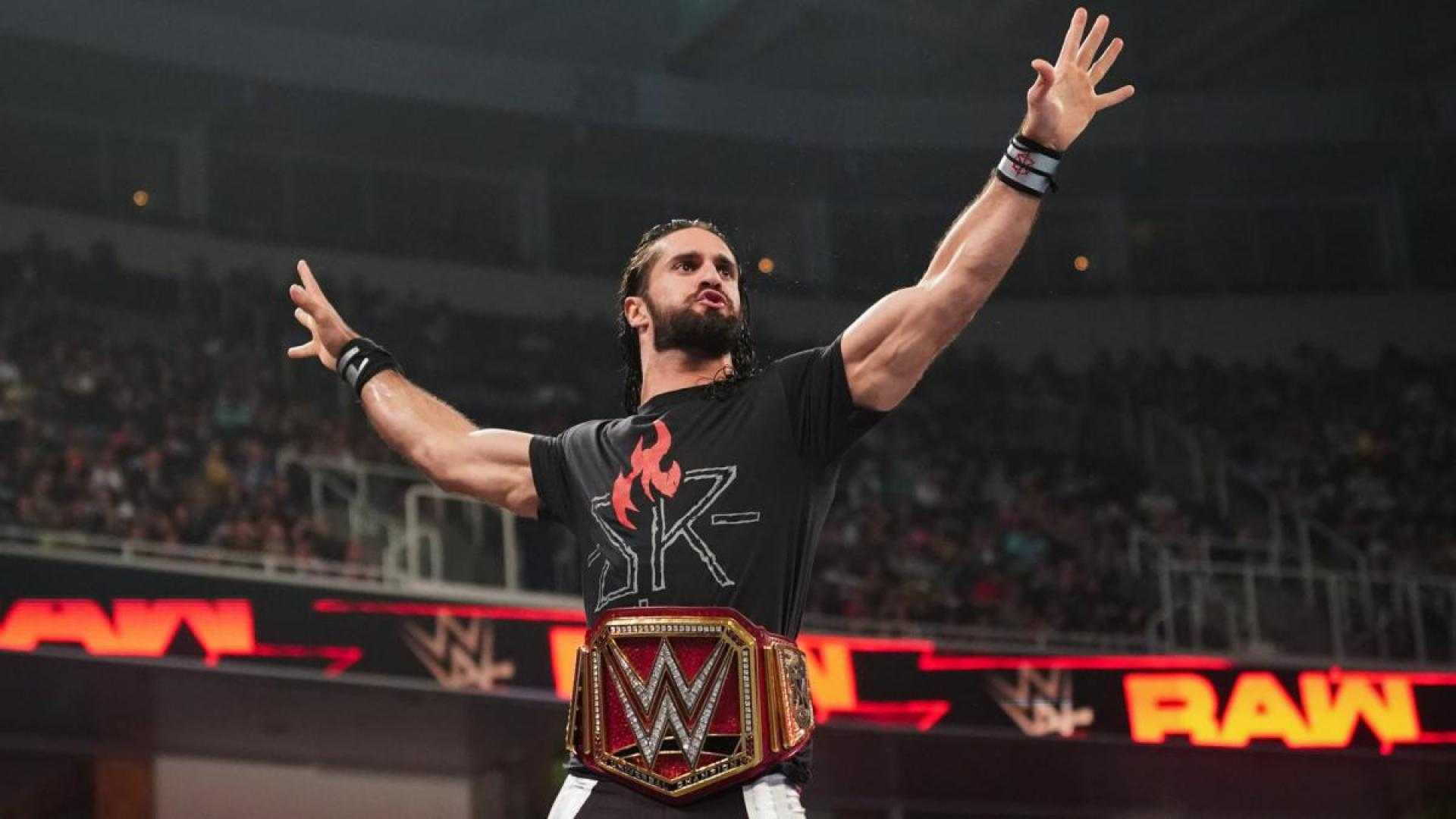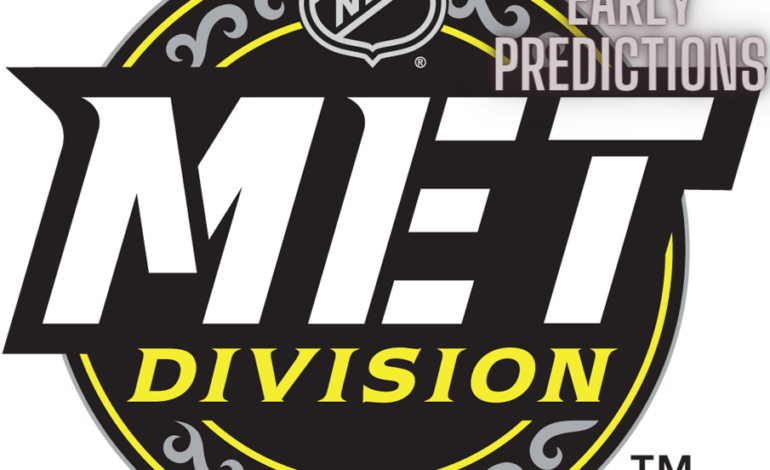Is This a What If Sequel?
This is the second iteration of my last What If blog for BellyUp Sports. The last one tackled some basketball, football, and baseball questions, but this one will focus solely on the NBA. Consider it more of a season two than a sequel. The basketball landscape in every era could have been drastically shifted, creating all kinds of timelines if certain things had happened or not happened. Those generally focus around the draft, when teams are gambling on an unknown. Sometimes it works, and sometimes it doesn’t. Four of the five topics within will address those, while the other addresses retirement. Make sure your popcorn is buttered and grab your seats, because “Here…..we……go.”
The NBA Draft
The NBA Draft is not much different than the NFL draft. Amateur players are picked one at a time, and the teams selecting these players do as much research as they can on them, but no amount of research will allow a franchise to see into the future. For this reason, some decisions are catastrophic, and some result in a dynasty. The next four questions will focus on those very situations.
What if the 1986 and 1987 drafts didn’t end in tragedy?
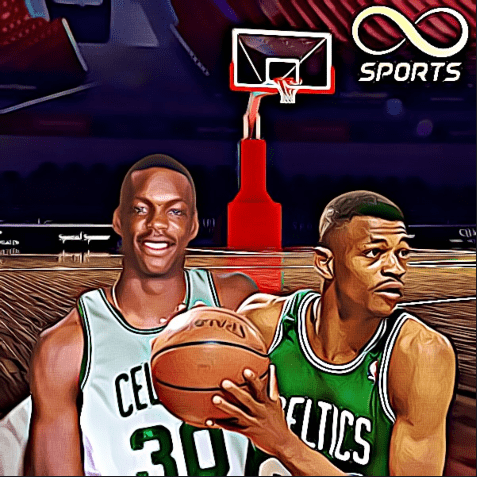
The 1986 NBA draft followed a season followed a season which saw the Boston Celtics win an NBA championship, after a 67-15 regular season. The face of the franchise, Larry Bird, was the leagues MVP, and they also happened to have the second pick in the draft. In 1984, they traded away Gerald Henderson to the Seattle Supersonics, and the return was a first round pick in the 1986 draft. This was long before teams thought of protecting picks, and it ended up being the second overall selection.
The Cleveland Cavaliers selected big man Brad Daugherty out of North Carolina with the first pick, and the Celtics dipped into the ACC as well, taking Maryland senior Len Bias. He was a back to back ACC player of the year and back to back Consensus All-American. His senior year, he averaged 23.2 points per game, and his athleticism seemed to rival that of the Chicago Bulls star, Michael Jordan.
He was oversized for his position of wing, standing 6’8″. He had the length to frustrate anyone who tried shooting over him, and was impossible to stop on the offensive end of the floor. Tragically, he passed away from a drug overdose only a few days after he was drafted, and remains arguably the biggest what if in NBA history. It is widely argued by many (mostly Boston fans), that Bias was better than Jordan and would have had a better career than Jordan.
Round 2
The following year, after losing in the NBA Finals, the Celtics again drafted a long, athletic wing in the first round, this time with the 22nd pick. A kid out of Northeastern, named Reggie Lewis. Lewis would join the team, and become an all-star. He averaged over 20 points per game in back to back seasons at the end of his career. On April 29, 1993, during a playoff game against the Charlotte Hornets, Lewis collapsed on the court. He left the game feeling dizzy and short of breath.
He was diagnosed with focal cardiomyopathy, a heart disease that can cause irregular heartbeat and even heart failure. On July 27 of that year, during a workout, Lewis suffered sudden cardiac death on the basketball court. He was 27 years old.
Conclusion
It is extremely possible that both Len Bias and Reggie Lewis would have played on the same Celtics team. This is assuming that the Celtics would have lost in the NBA Finals in 1987, regardless of Bias being on the team. We’d also have to assume that Len Bias is what Celtics fans imagined, and be the next coming of Air Jordan. In that case, we’d have a Celtics squad featuring Len Bias, Larry Bird, Robert Parrish, Kevin McHale, and Reggie Lewis. I don’t think its a stretch to imagine that this team would have been a dynasty like the Celtics of the 60’s before them.
What If Orlando Didn’t Trade Chris Webber?
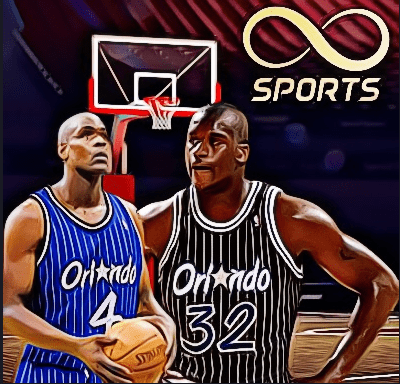
The Orlando Magic won the lottery (literally and figuratively) in 1992, when the team landed the first selection in the draft. Every eight to ten years, a generational player, or franchise changer is available, and in 1992, that was LSU junior Shaquille O’Neal. In one season, the Magic went from one of the worst teams in the league, to almost making the playoffs.
The “almost” is where it really gets interesting. By missing the playoffs, Orlando was entered in the NBA Draft lottery for a second straight year. Missing it by such a small margin, however, they would have the worst odds at landing a top three pick. They had a 1.52% chance at the top pick. And they got it.
Chris Webber was not a franchise changing talent, but he was extremely good. Coming off a two year stint with the University of Michigan, where he led them to back to back national championship appearances. He was worthy of being the first pick, and Orlando rightfully selected him there.
Change Of Plans
The new face of the franchise, Shaq, had just finished filming a movie with Nick Nolte, called Blue Chips. For realism, the film featured many pro, collegiate, and former basketball players. One of those was a 6’7″ point guard from Memphis, named Anfernee Hardaway. O’Neal was smitten with the playmaker, and made his pitch to Orlando to acquire Hardaway in the draft, rather than Webber (See. LeBron isn’t the first star to wield his power.) Orlando traded Webber top the Golden State Warriors, who drafted Hardaway with the third overall pick, and also received Golden States 1996, 1998, and 2000 first round picks as additional compensation.
Conclusion
Hardaway became not just a star, but a superstar alongside O’Neal. The duo would lead the team to the NBA finals (past Michael Jordan and the Bulls) in 1995, where they would be swept by the Houston Rockets. Chris Webber won Rookie of the Year, and had a Hall of Fame career, while “Penny”, as Hardaway would become known, was riddled by injuries in the years after the finals run.
Had the trade never happened, Orlando would have had the best young front court in the league, but a redundancy of styles with the two big men. The paint would have been clogged, Shaq would have been less effective, and would still have left for Los Angeles in frustration. The additional picks never amounted to anything, so Orlando would have been worse off. Hardaway would have formed a potent backcourt in Golden State, alongside Latrell Sprewell, and Billy Owens playing the three. They would still have lacked size up front, but my opinion is, they would have neither been better or worse than with Webber.
What If Boston Won The Lottery?
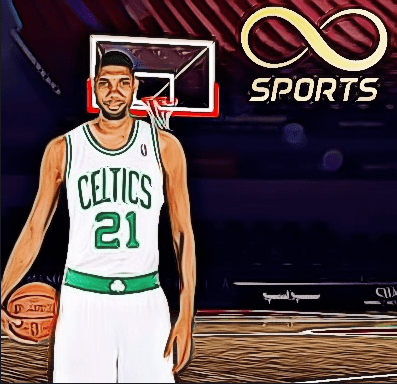
The next franchise changing player to come along was in 1997, and his name was Tim Duncan. A fundamentally sound, yet dominant seven footer out of Wake Forest, there was no secret he was going to be the top choice, and second didn’t matter (sorry Keith Van Horn).
With some savvy trade moves finally starting to pan out, the Boston Celtics had two lotter picks in 1997, giving them a 36% chance at the top overall pick. They had lured Kentucky head coach Rick Pitino to Beantown to coach players, and he would say much later that he was under the impression he would be coaching Tim Duncan.
When the ping pong balls finally popped, it was the San Antonio Spurs, with a 27% chance, who nabbed the top pick. Boston would pick third and sixth in the 1997 draft, and chose Colorado point guard Chauncey Billups at three, and Kentucky wing Ron Mercer at six.
The Fallout
Billups wouldn’t make it through the season before being shipped to Toronto for Kenny Anderson who averaged 11 points per game. Billups would go on to have a fringe Hall of Fame career, and being nicknamed “Mr. Big Shot” after helping to lead the Detroit Pistons over the Lakers in the 2004 NBA Finals. Ron Mercer would average 15.3 and 17.0 points per game respectively, before being traded to the Denver Nuggets. Tim Duncan would become the best power forward in NBA history. He would become a fifteen time all star, and win five NBA championships with the Spurs.
Conclusion
Assuming Boston landed the top pick with the higher of the two picks, they would have chosen Duncan number one, and Mercer number six. Those two would have been added to Antoine Walker, Bruce Bowen, Dee Brown, Tyus Edney, and Walter McCarty. That is a squad that wins five or more titles. The draft misses for Boston in this blog (between Duncan and Bias/Lewis) cost the franchise a minimum of ten titles.
What If The Pistons Took Melo Over Darko?
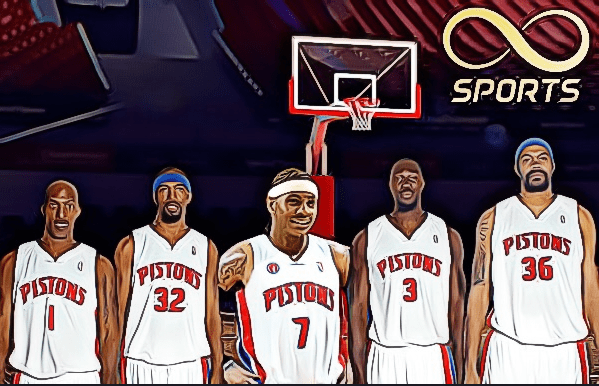
The final franchising player we will talk about in this blog, came around in the 2003 NBA Draft, and was selected with the first overall pick by the Cleveland Cavaliers. The question we will be asking, and discussing, revolves around the next pick.
You can’t blame the Pistons for using the second overall pick on Darko Milicic. He was a high school aged phenom, with limited playing time abroad, that tested out in the eyes of scouts as a legitimate star in the making. Some scouts even had him rated higher than LeBron James.
The Detroit Pistons were coming off of a 50-32 regular season under coach Larry Brown, and what better spot for a high school player in need of development, than on a Larry Brown coached team (Brown hated playing rookies). He could learn from the bench, and develop into a decent player in three or four years, much like Jermaine O’Neal did. The Pistons passed on Carmelo Anthony, Chris Bosh, Dwyane Wade, and took Milicic.
The Fallout
Initially, the selection didn’t matter at all. The 2003-04 Pistons went to the NBA Finals, and defeated the super team Lakers in five games. They did this with their top pick playing just four minutes per contest. The long term fallout was significant. Melo, Wade, and Bosh would have Hall of Fame careers, while Darko would play 468 NBA games, averaging just 6.0 points and 4.2 rebounds for his career.
Conclusion
Had the Pistons taken Carmelo Anthony, he may not have had a bigger impact during their title run. The years that followed, however, he would have become the teams star (which they had no stars at the time). He would have carried them past the Spurs, to repeat in 2005. They also would have competed for at least a decade, and not become the black hole they are now.
What If Michael Jordan Didn’t Retire?
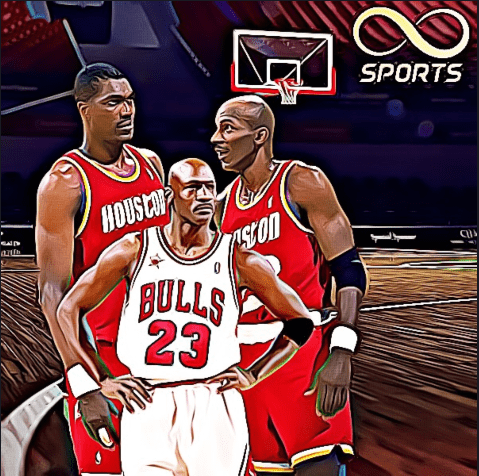
It is a point made in the GOAT conversation by those defending his airness. If he had not retired after the 1993 Finals, would Michael Jordan had won eight titles in a row? Would Hakeem be in the same category as Stockton and Malone (best players without a ring)?
After defeating the Suns in the 1993 NBA Finals, Michael Jordan called a press conference to announce he was retiring from the game of basketball at the age of 30. Smack dab in the middle of his prime, arguable the greatest player of all time didn’t want to play anymore. He picked up a bat and a glove and played two seasons of minor league baseball.
The Fallout
The Bulls remained relevant, and Jordan’s teammate Scottie Pippen even made a case to be league MVP. They would not make the finals however. Even though a baseball strike pushed Jordan back into the league at the end of the 1994-95 season, it was the Houston Rockets who won back to back titles.
Jordan would get back into game shape that offseason. He’d return to lead the Bulls to a 72-10 record in that first full season, along with the first of three more consecutive championships. The Rockets never made it back to the finals, even though Charles Barkley joined to chase a ring in 1995-96.
Conclusion
The Bulls would not have won eight titles in a row. By the end of the 1992-93 season, Michael Jordan was burned out, and needed a break. His love and passion for the game of basketball was gone, and he felt he had no more challenges. The Bulls would have suffered for this. Maybe they win another title, but they don’t sign Dennis Rodman. That flawless 6-0 finals record that Jordan totes, would likely have been similar to a Kobe Bryant-like 5-2.


